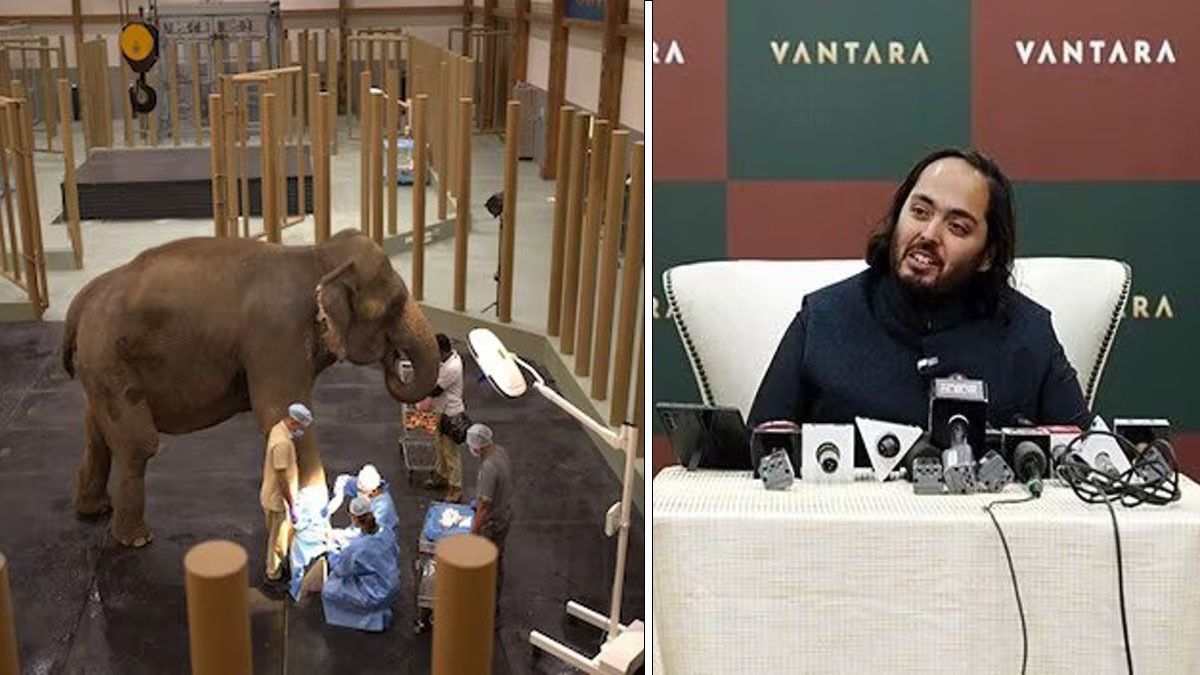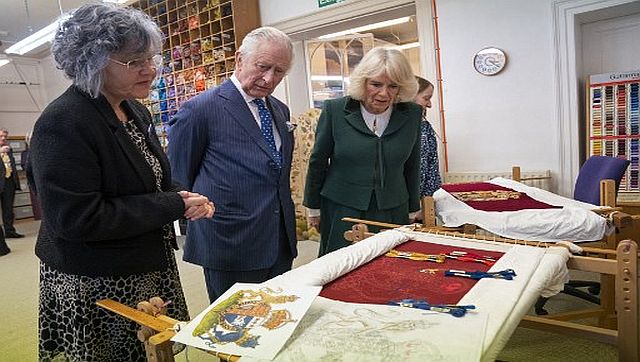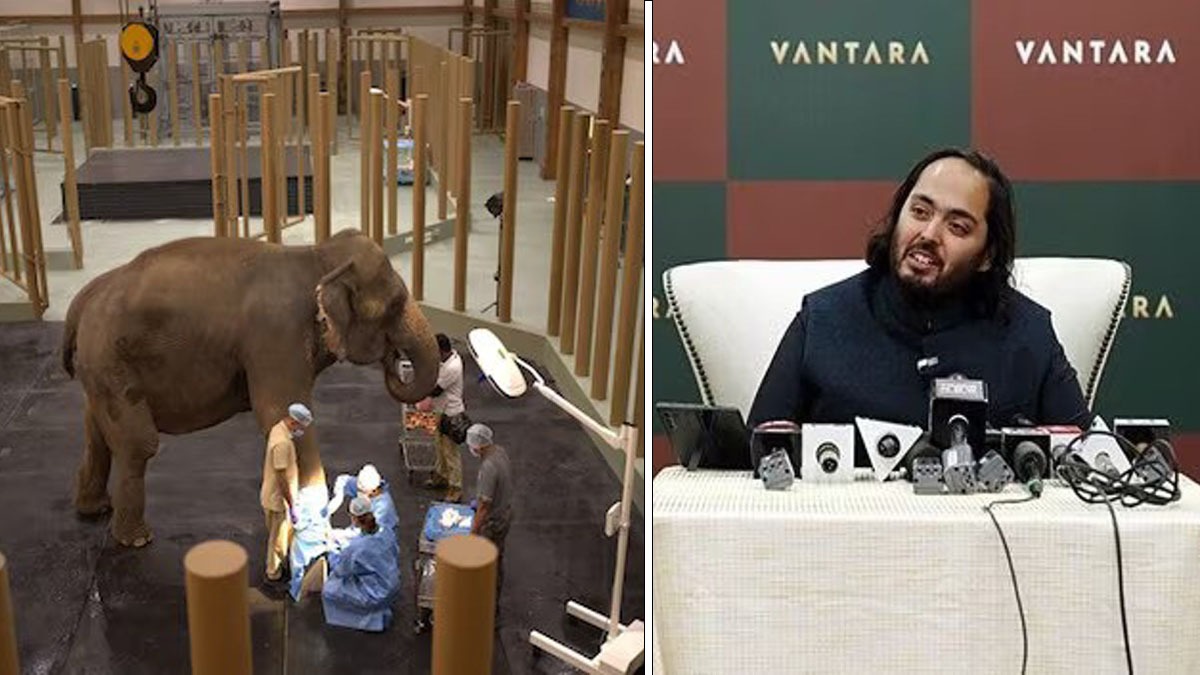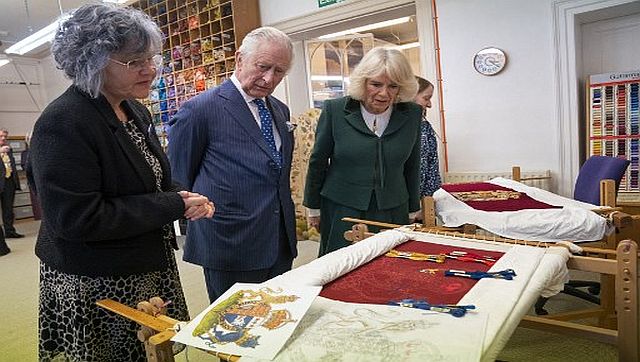Maharashtra’s Done village is hardly an ideal place for urbanites to settle down, but Mumbai-based Priya Salvi has created her own little paradise in this village. With her knowledge of sustainable agriculture and waste management, she grows crops the way she wants to – without the use of any chemicals.
“A lot of chemicals are used in agriculture today which are causing environmental problems and affecting human health,” she says.
After graduating with a Masters degree in Horticulture from Dr Balasaheb Sawant Konkan Krishi Vidyapeth in 1994, Salvi joined the Save Bombay Committee to promote solid waste management.
Within four years, her work got enough recognition for the Brihanmumbai Municipal Corporation (BMC) to take her in as a consultant for waste management. The lack of civic sense among the authorities and the public was a wake-up call for her. She took initiatives to organise camps and made attempts to introduce people to vermi-processing throughout Mumbai. One of the plans that she helped develop was Advanced Locality Management (ALM), which was meant to develop a network between the citizens and the BMC.
Salvi also helped farmers practice sustainable agriculture and studied the problems faced by them. Despite her work in waste management and agriculture, she felt moving farther away from nature. It was then she realised that she was ready to start her journey as a farmer.
In 2007, her search for land began. “I used to come to this farm sometimes. The caretaker did not practice proper farming techniques. They would burn the biomass even when I insisted against it. I realised that unless we don’t oversee our own land, there was no way things would improve.” That is when she took the decision to shift to the land her family already owned.
“In 2008, the day after I told my father about my interest in farming, he passed away. My family was very skeptical about the move. However, I had no issues on being alone,” she says.
Since then Salvi has independently handled the farm and earned the respect of the villagers in Done.
Now, responsible for the 5-acre ancestral land, Salvi cultivates a variety of crops, mainly long-term and perennial, using the nature’s potential. Banana, mango, cashew and guava are among the fruit trees that she cultivates.
Pointing out that agriculture needs to be done by taking biodiversity into account, she explains, “In sustainable farming, the main basis is utilising what nature has provided. So whatever apart from our own needs and consumption that is left out, like the leaves that fall, the straw that is harvested from the grains, and the trimming of branches, all have to go back to the soil.”
Due to lack of proper labour, Salvi finds it difficult to maintain cattle at her farm, however, she develops manure for her crops with the help of sustainable techniques like vermicomposting and natural mulching.
She uses the waste from her own farm to generate manure for the crops. “When you have biodiversity, you have different types of biomass throughout the year. All this variety at the farm gives mulch to the soil at different points in time. That way the health and temperature of the soil at the farm is maintained,” she says.
Optimum tillage is another technique she uses to get the maximum potential from the soil. This practice involves tilling only the top layer of the soil.
Salvi plans of having a biodiversity pathway, a route which will have essential plants growing alongside, in her farm. From fruit trees to medicinal plants and creepers, she hopes to further diversify the variety of plants in her farm.
“I have developed this concept of the pathway with the very focus that the practice of biodiversity should meet our daily needs. So daily whatever are your needs, along the biodiversity pathway, we have different herbs and vegetables planted,” Salvi explains.
Done, which once was an agrarian village, is now moving into development mode similar to that witnessed by Mumbai’s suburbs in the past. Many farmers have sold their land, thereby making way for the real estate market to kick in.
Despite the region facing water problems this year, Salvi secured her crops to some extent with the help of water tankers. However, she blames the increased construction activity in the region for the reduction in available water. A rainwater harvesting system has therefore been put in place at her farm to deal with such situations.
“With very minimum cost, the rainwater structure with ferrocement have been constructed here. With the precipitation that is received, the tanks will get filled up and post monsoon, if some vegetables are to be grown, that water can be used,” she says
“We have a river in our village, but at the individual level, it is difficult to draw water from it for the entire farm. The government should have immediate schemes for such problems,” she adds.
The venturesome farmer rejects the idea of seeing agriculture as a field of profession and rather thinks that agriculture is a way of life.
Emphasizing that farming needs to not be seen through income-generating perspective, Salvi says, “Sustainable farming has to be taken along with sustainable living. Once you live in a sustainable way, your needs are reduced and are met by farming.”
The 46-year-old has no regret choosing a simple life over a materialistic one.
“Now, I eat the mangoes from the tree my granny planted,” she says with a smile as she shows a pack of chopped dried mangoes which she has prepared for selling.
Although organic farming brings limited income, Salvi feels content with the way things are. To meet her expenses, she takes up consultancy assignments, with which she also gets to promote sustainable lifestyle.
“I have been telling people I am the richest person. Everyday, I have a new toothbrush as I have a datun plant; a new scenery and the freshest air. If you have a need-based living, you’ll get everything from nature,” she says.
Salvi believes every person should own a piece of land that they can cultivate. She says, “I believe that you can pursue other professions and simultaneously grow your own food. Just two hours of daily effort is enough for a person’s need.”
Even though she often has to make trips to Mumbai for reasons other than consultancy, Salvi has no plans to get back to where she spent most of her growing years.
Having lived at the farm for more than seven years, she laughs at the idea of going back to the city life. “If I come in the city, I’ll feel suffocated,” she says, as she looks over at the picturesque view of her farm.


)




)
)
)
)
)
)
)
)